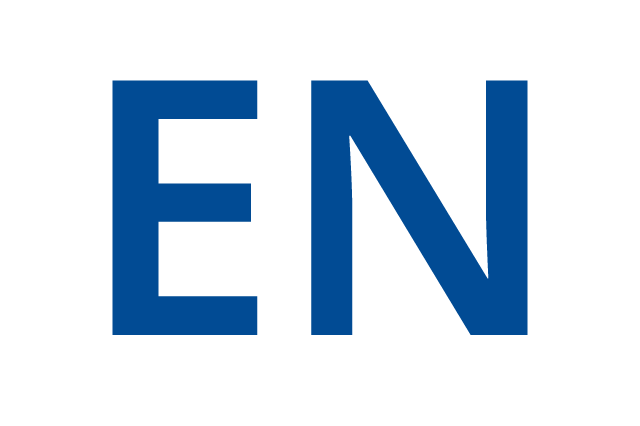
| Données Personnelles | Thématiques de recherche | Charges de cours | Publications |
ALEGRIA ISCOA Jesus



Unités
Laboratoire Cognition, Langage et Développement
The research focus of the LCLD concerns the study of human cognition, language, and speech perception with a developmental and educational perspective, a field also known as developmental or educational neuroscience. Although a large part of the research is based on behavioral experimental techniques, with normally developing children, children with cognitive or sensory developmental impairments and adult participants, current projects also integrate computational modelling as well as neuroimaging techniques (ERP, fMRI, MEG). The lab has a long tradition of research on visual word recognition processes, and on reading and spelling acquisition in typical and atypical development, as well as on speech perception. Major themes of active investigation at the moment concern aspects of language processing and reading; spoken and printed word recognition processes; written language acquisition disorders (dyslexia/dysgraphia); novel word reading; reading motivation and engagement; speech perception; speech-in-noise perception; language development in hearing-impaired persons. LCLD is a member of CRCN (http://crcn.ulb.ac.be) and UNI (https://uni.ulb.ac.be).
Projets
Développement linguistique des enfants issus de l'immigration
Développement des habiletés de lecture et d'orthographe chez les enfants issus de l'immigration (principalement d'origine marocaine). Examen de facteurs qui déterminent cette évolution : compétence en langue française, compétence en langue marocaine, niveau socio-économique. Etude de l'influence de la compétence en langage oral sur l'apprentissage scolaire en Espagne chez les enfants immigrés bilingues Espagnol-Arabe

